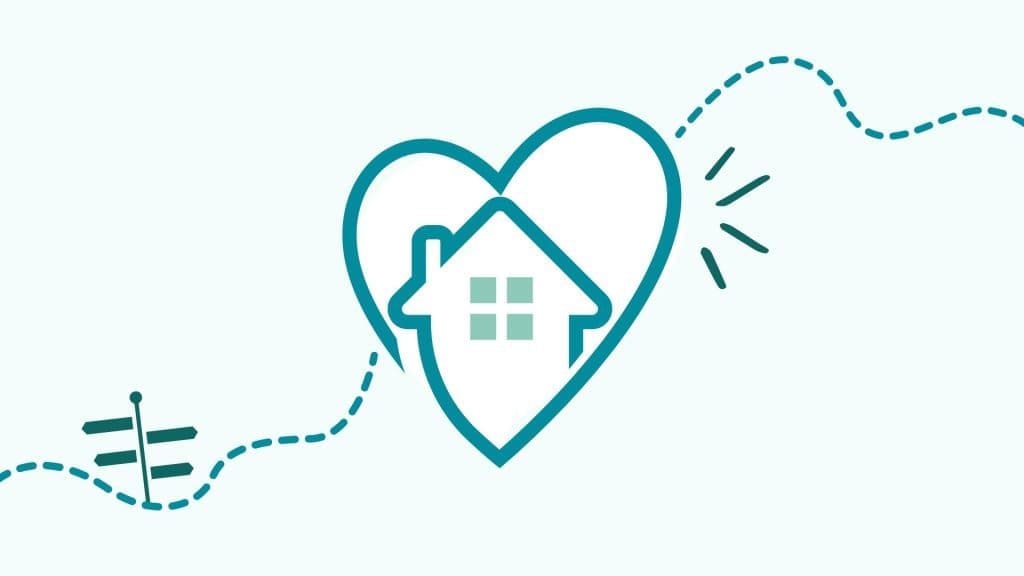Selecting the Right Home Care Providers: NDIS Plan Manager Insights and In Home Caregivers
Selecting the Right Home Care Providers: NDIS Plan Manager Insights and In Home Caregivers
Blog Article
The Growing Demand for In Home Treatment Givers: Factors Family Members Select Professional Treatment Over Traditional Facilities
The enhancing choice for in-home caregivers over typical centers is a substantial fad reshaping the landscape of elder treatment. Family members are attracted to the benefits of personalized care that aligns with specific needs and preferences, enabling seniors to maintain a sense of autonomy in a familiar atmosphere.
Customization of Treatment
Customization of treatment in home caregiving is crucial for meeting the distinct demands of each person (home care providers). This strategy ensures that treatment strategies are customized to the certain demands of the individual, considering their medical background, personal preferences, and way of living. By concentrating on the individual's unique situations, caregivers can foster a feeling of self-respect and autonomy, which is frequently doing not have in even more institutionalized settings

Home caregiving enables for continuous monitoring and adjustment of care strategies, making sure that adjustments in health and wellness standing or personal preferences are quickly attended to. Eventually, customized care in home settings considerably contributes to the overall well-being of customers, making it an essential part of modern-day caregiving techniques.
Comfort of Home Atmosphere
The convenience of a home environment plays an essential function in the effectiveness of home caregiving. Many individuals, specifically senior citizens, experience heightened stress and stress and anxiety when placed in unknown setups such as typical treatment centers.
Moreover, the home environment permits a tailored technique to caregiving, accommodating specific preferences and regimens. Families can produce an ambience that reflects their liked one's way of living, ensuring that treatment is delivered in a way that feels comfy and natural. This personalized setting encourages much better interaction and interaction between clients and caretakers, cultivating depend on and relationship vital for reliable treatment.
Furthermore, the convenience of home can facilitate social connections, as household members and buddies can check out extra easily, giving vital psychological assistance. in home caregivers. Generally, the home environment not only helps to preserve dignity and autonomy however also adds to a better of treatment, making it a preferred selection for households looking for professional caregiving options

Improved Self-reliance for Elders
Home caregiving not just gives convenience yet additionally promotes improved self-reliance for senior citizens. Unlike typical centers, at home treatment permits elders to preserve their everyday regimens and take part in acquainted activities within their own atmosphere. This autonomy is vital for their psychological wellness and general high quality of life.

Moreover, at home caretakers can adapt their solutions to cater especially to the special requirements of each senior, advertising a higher feeling of control. This adaptability makes certain that senior citizens can enjoy their pastimes, fraternize friends and family, and remain energetic in their neighborhoods, further boosting their feeling of self-reliance.
Inevitably, in-home caregiving not just deals with the physical needs of elders but additionally empowers them to lead meeting lives, making it an increasingly preferred choice for family members seeking the most effective treatment options for their liked ones.
Cost-Effectiveness of In-Home Care
At home care supplies a cost-effective choice to traditional nursing facilities, allowing households to supply top quality assistance for their liked ones without sustaining expensive expenses. The expenditures related to assisted living home can be overwhelming, often surpassing $100,000 annually, which can drain funds promptly. On the other hand, in-home care solutions commonly charge on a per-visit or per hour basis, enabling family members to customize treatment strategies according to their spending plan and details requirements.
Moreover, in-home care gets rid of extra expenses related to facility living, such as transportation, bed and board, and numerous management costs. Family members can choose to engage caregivers only when needed, possibly decreasing overall expenditures. A significant advantage of in-home treatment is the capacity to keep individual routines, which can add to far better psychological wellness and decrease the need for costly clinical treatments arising from abrupt lifestyle adjustments.
Insurance policy coverage, including long-term care insurance policy, often prolongs to in-home care services, even more enhancing financial ease of access (home care providers australia). Generally, the cost-effectiveness of at home treatment not only reduces the economic burden on households however additionally advertises a more individualized approach to care that aligns with specific choices and requirements
Building Stronger Family Links
Offering treatment in a familiar atmosphere fosters much deeper family connections, permitting liked ones to proactively get involved in the caregiving process. At home care develops opportunities for family members to involve meaningfully with their elderly or impaired family members, promoting psychological bonds that can be tough to accomplish in institutional settings. The existence of specialist caregivers allows household members to concentrate on their relational roles rather than being strained by the useful link physical demands of care.
Moreover, in-home treatment allows family members to preserve their valued routines, which can lessen feelings of anxiousness and disorientation commonly related to moving to care facilities. Shared meals, familiar surroundings, and the convenience of home provide a sense of security that enhances health and promotes open communication.
Families can team up with caregivers to establish personalized treatment plans that show the specific preferences and requirements of their liked ones. This collaborative method not just encourages the senior however also enhances the family, as members share obligations and support each other with difficult times. Eventually, in-home care cultivates a sites nurturing environment where connections can flourish, enhancing the high quality of life for both caregivers and recipients.
Verdict
The boosting choice for at home caregivers highlights a significant shift in just how family members come close to elderly treatment. As these variables straighten, at home treatment emerges as an engaging choice to conventional facilities, eventually promoting the well-being and top quality of life for seniors.
Family members are attracted to the benefits of individualized care that straightens with specific needs and choices, enabling seniors to preserve a feeling of freedom read the article in an acquainted atmosphere.At home treatment offers a cost-effective option to conventional nursing centers, permitting families to give high quality assistance for their loved ones without incurring expensive costs. In contrast, at home treatment services generally charge on a per-visit or per hour basis, enabling families to tailor care plans according to their budget plan and details demands.
At home treatment creates possibilities for families to engage meaningfully with their elderly or disabled relatives, promoting emotional bonds that can be difficult to achieve in institutional setups.The enhancing preference for in-home caregivers highlights a significant change in how families approach elderly treatment.
Report this page